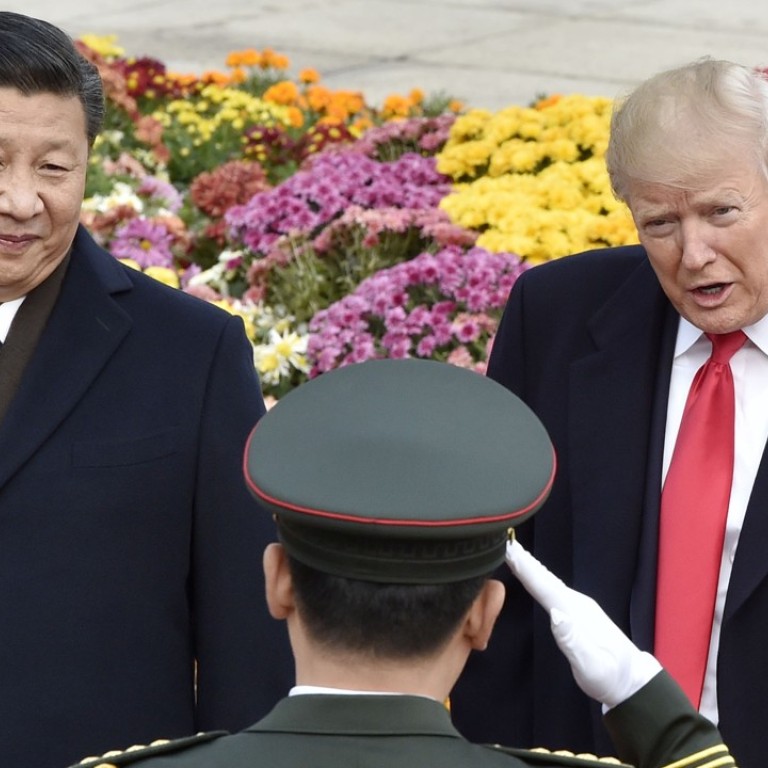
Donald Trump’s tariffs are just what global trade needs to open new directions in policymaking
Trade is only one of the economic components of government, and just one section of many policy parameters. New policymakers go through all the same motions as those before them, the initial touching of base, the mutual assurances of collaboration, and the plans to develop a joint vision.
But often, nothing happens. Existing trade structures may eventually become acceptable to many leaders.
Governments have to decide whether their greatest preoccupation lies with economies that “grow”, that “make”, that “create” or that “coordinate”, and then place their negotiating chips accordingly.
Change leads to adjustment … Trump’s announcements can trigger progress
The tariffs open the world outlook to a new direction: they command immediate attention from all trading partners; they require a specific response. The purpose and capability of trade can lead to re-analysis of existing policy steps and agreements.
Today’s trade understanding has been in place since the international institutions of Bretton Woods in 1944. After 74 years and three generations, policymakers, firms and academics should be able to come up with some helpful innovations.
Change leads to adjustment. Maybe there will be more domestic vacations, shorter college times and fewer flowers in winter, more eating of white asparagus, and more living within extended families.
We just might wind up with adaptations which make society more productive and life more pleasant.
As Trump’s announcements and communications capture the attention of world leaders, they can astutely trigger progress.
Recognising that a crisis could happen tends to clear the mind. The benefit of the tariff announcements depends on the new processes and changes they trigger.
Then the threat of tariffs can be a useful means to an end. Strong admonishment with flexible rescission can make all boats rise.
Professor Michael R. Czinkota, McDonough School of Business, Georgetown University

